- News
-
-
-
-
-
Latest News Articles
- Can biodiversity boost mental health? April 22, 2024
- When brown treesnakes don’t take the bait April 22, 2024
- Wildlife Vocalizations: Kylie Perez April 19, 2024
-
-
-
- Wildlife Professional Resources
-
- Our Network
-
- PUBLICATIONS
-
-
Recent Posts
-
 The Wildlife Professional November/December Issue
November 1, 2023
The Wildlife Professional November/December Issue
November 1, 2023
-
-
-
-
-
-
- Wildlife Events
-
-
-
Upcoming Webinars
- No Events
-
-
-
- Who We Are
-
Series: TWS Conference
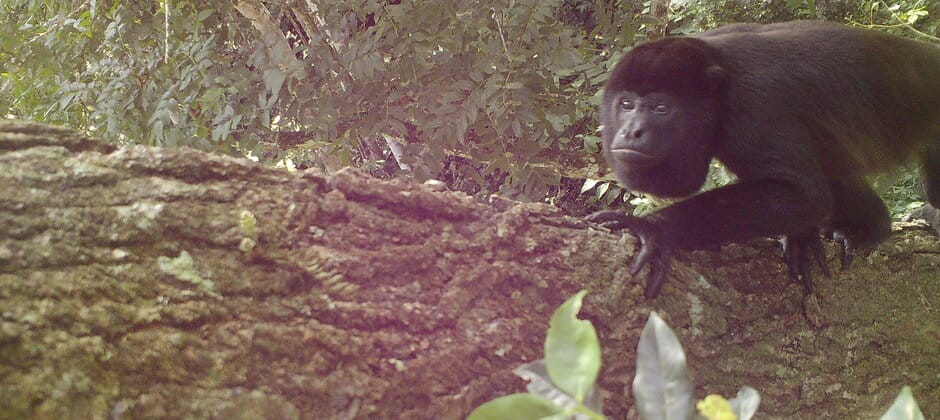
March 17, 2022
Wild Cam: Tracking habitat preferences of imperiled Ecuadorian primates
In the coastal rainforest of Ecuador, Jacquelyn Tleimat sometimes felt like her tree climbing skills were being judged. She and her colleagues hiked for miles, hacking vegetation away with machetes...
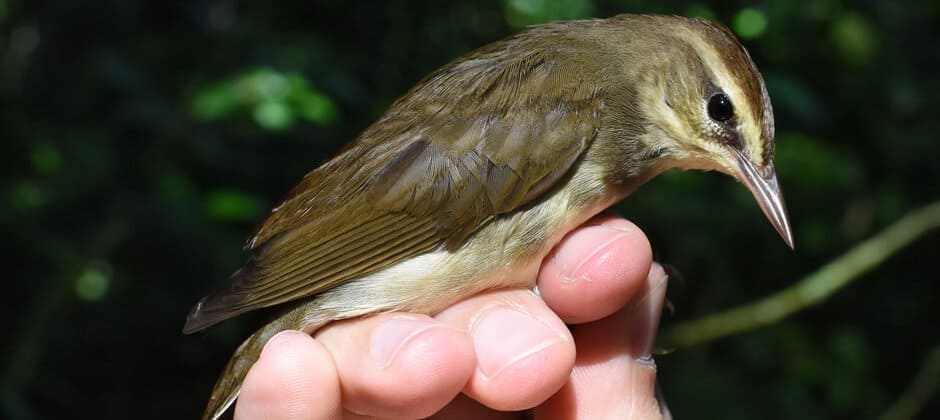
March 9, 2022
TWS2021: Palm oil plantations reduce migratory bird abundance
Mexican palm oil plantations in Mexico are associated with a lower diversity of birds migrating south from Canada and the United States for the winter. Birds have been declining for...
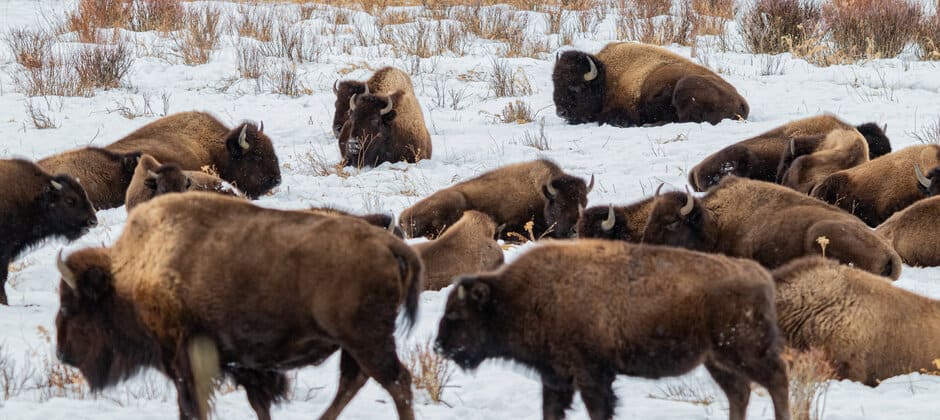
March 7, 2022
TWS2021: Old bison horns can reveal lost ecological information
Long before wildlife managers struggled to translocate bison to new areas in an effort to recover lost herds, the giant bovines wandered across vast stretches of North America. While most...
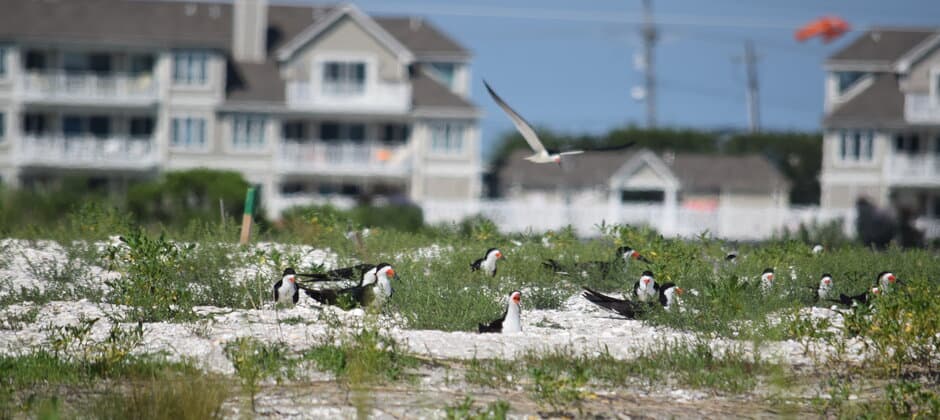
March 7, 2022
TWS2021: Dredged material provides nesting areas for birds
Sediment dredged from the bottom of estuaries to improve shipping passages for boats can be formed into good island nesting habitat for coastal birds like black skimmers. Black skimmers are...
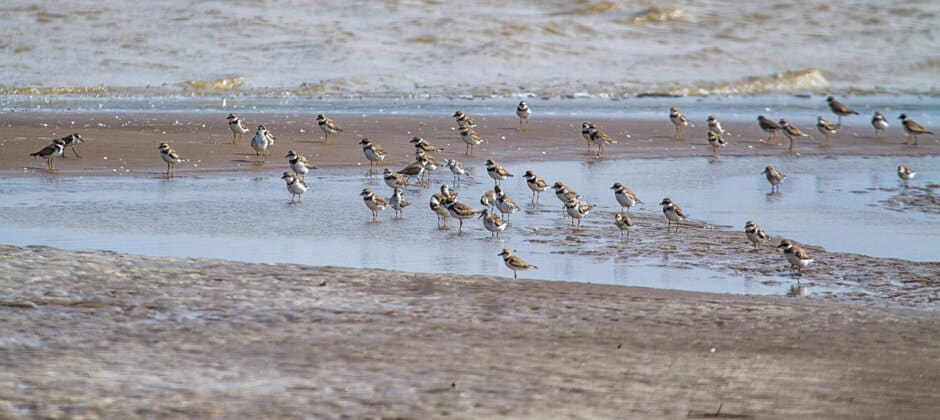
January 28, 2022
Wild Cam: Harvest may contribute to shorebird decline
In the coastal areas of Guyana, hunters get creative when trapping birds—sometimes “shocking” whole flocks with wires. Tying a 12-meter wire to a pole and laying it down in a...
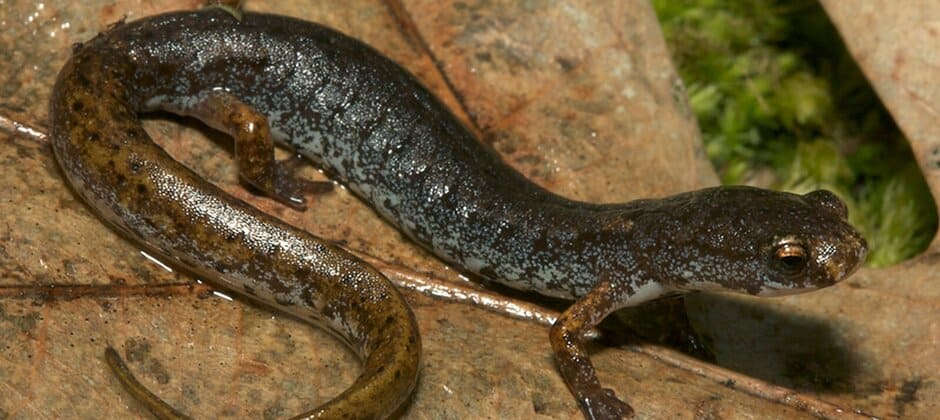
December 21, 2021
TWS2021: eDNA techniques detect ranavirus
Environmental DNA techniques can detect a deadly virus in amphibian ponds, giving wildlife managers critical information about how to best protect vulnerable amphibian species. Ranavirus is deadly to amphibians. “It’s...
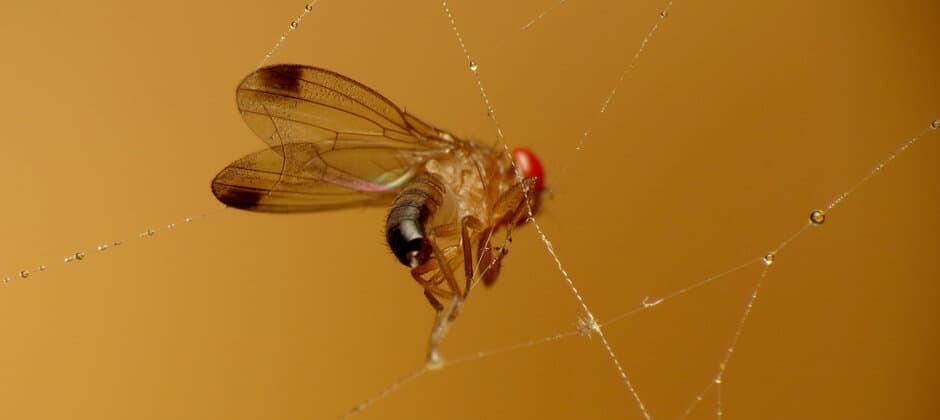
December 20, 2021
TWS2021: Do invasive fruit flies affect bird abundance?
Many studies focus on the effects of insect pests on forest vegetation. But new research shows that spotted wing drosophila (Drosophila suzukii), originally from Asia but now found widely in...

December 7, 2021
TWS’ Nick Wesdock honored for successful conferences amid COVID
Nick Wesdock, TWS’ business relations and conferences manager, has been recognized by Connect, an organization of event professionals and meeting planners, for his success in organizing annual TWS conferences through...
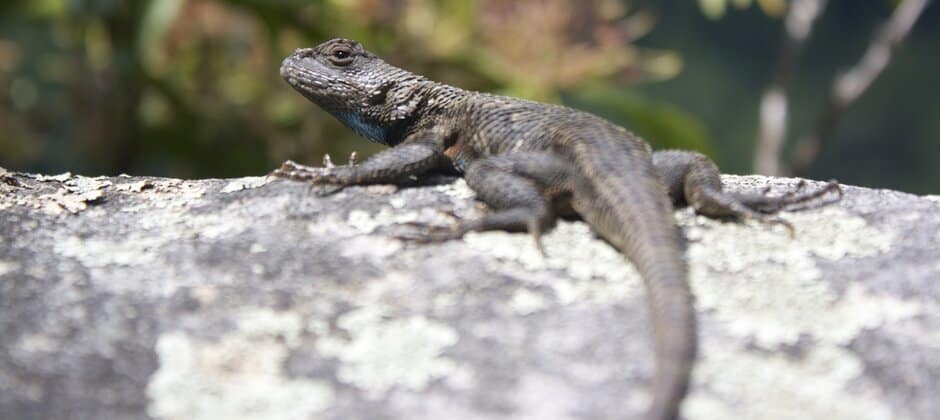
November 10, 2021
TWS2021: Eating fire ants may protect fence lizards
Eastern fence lizards may be eating their way to immunity from invasive ant venom in the Southeastern United States. Red imported fire ants (Solenopsis invicta) were first introduced to states...

November 8, 2021
Block, Blackwell earn McAtee-Burger Award
Bill Block, associate editor for the Journal of Wildlife Management, and Bradley Blackwell, associate editor for the Wildlife Society Bulletin, are the 2021 recipients of the W. L. McAtee and...

